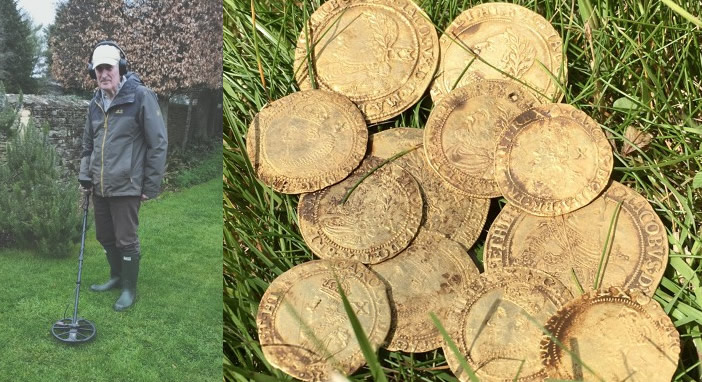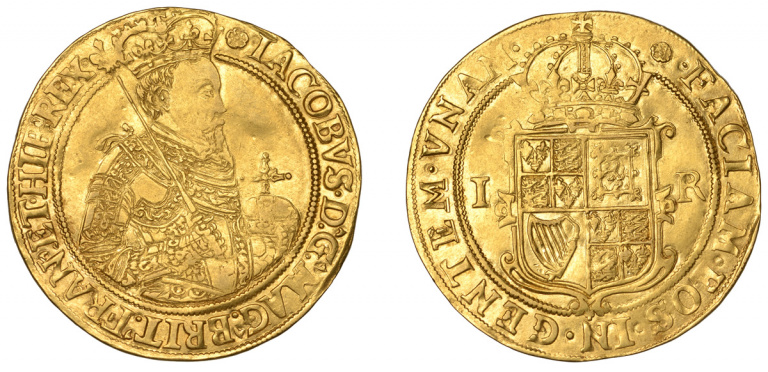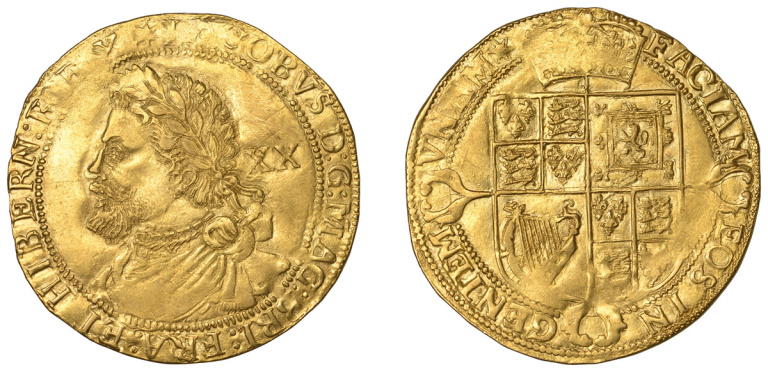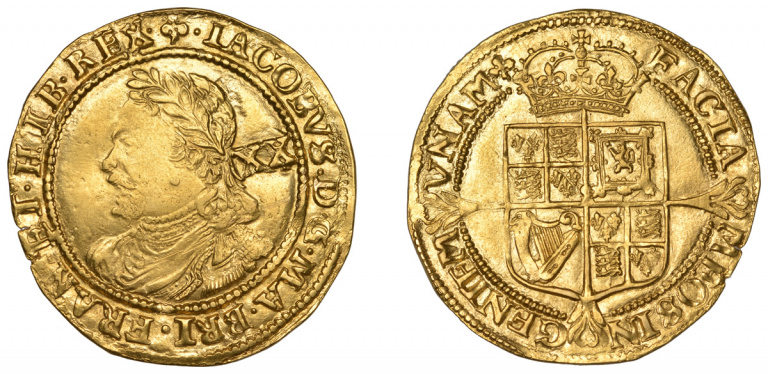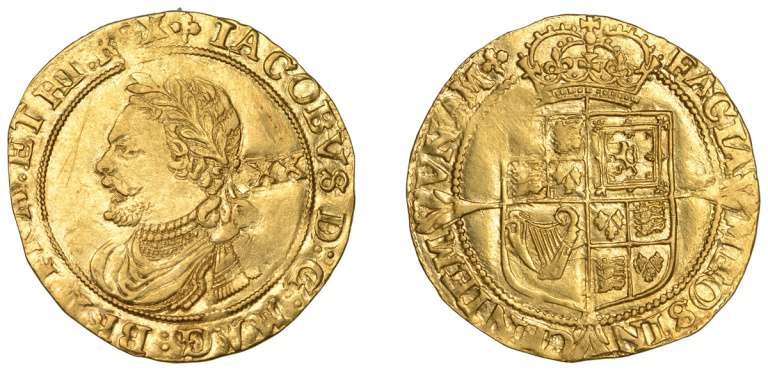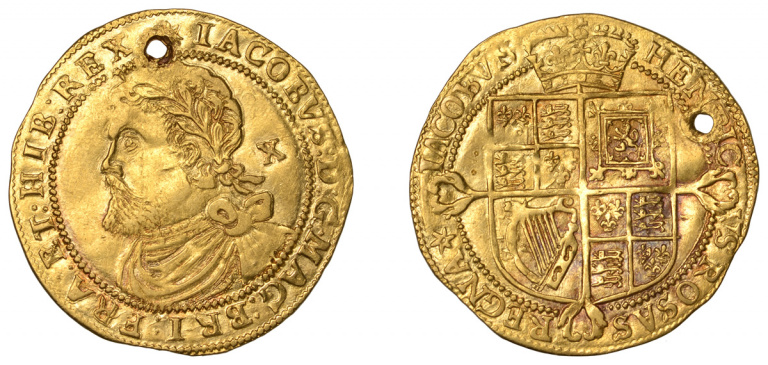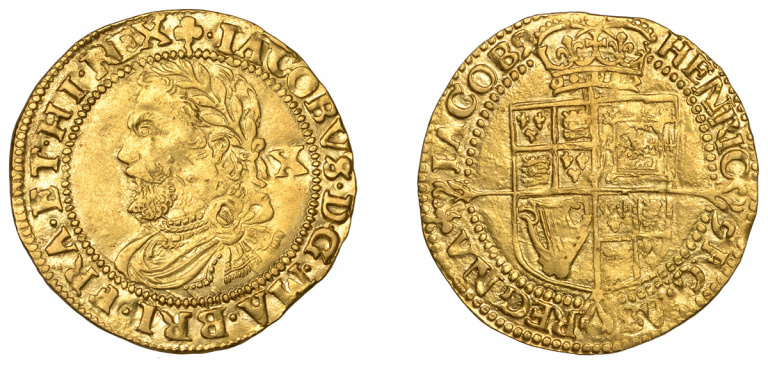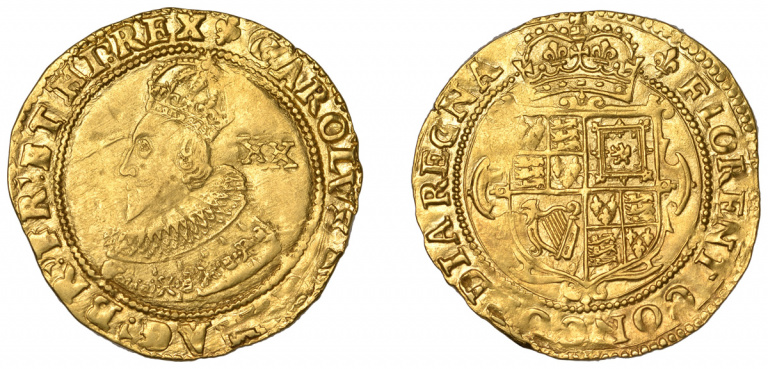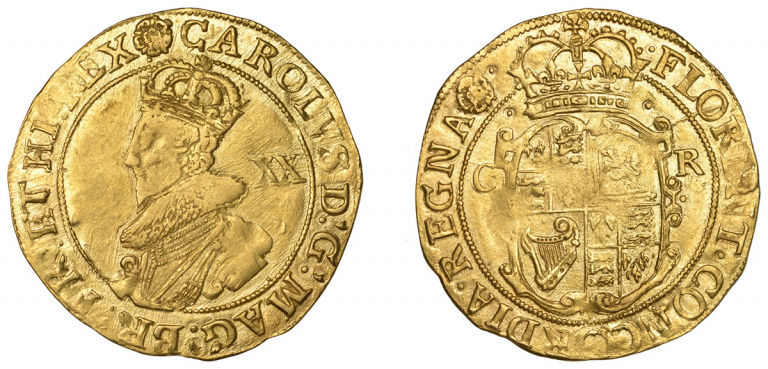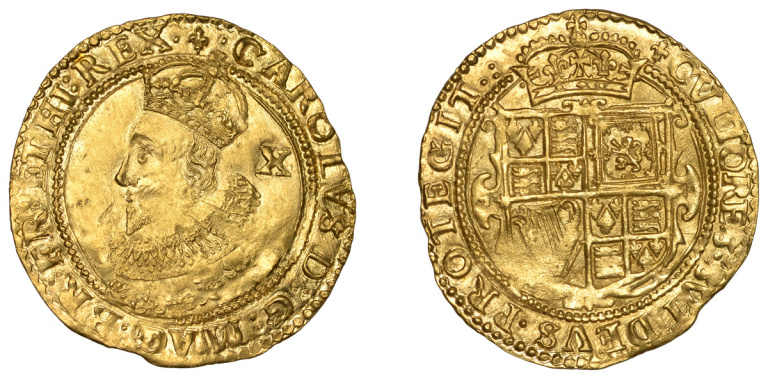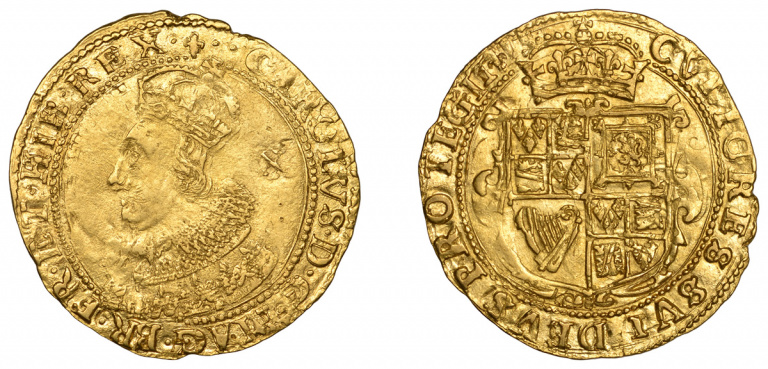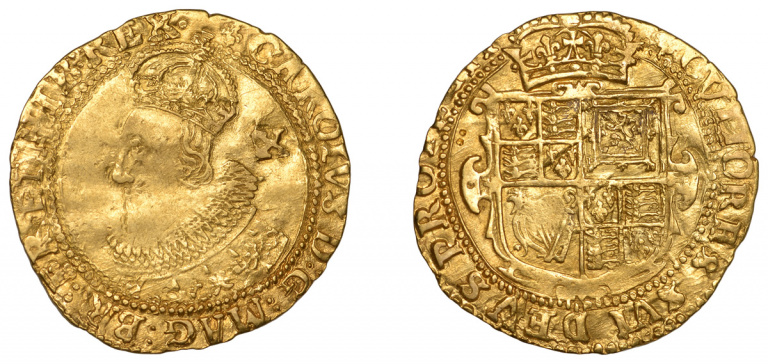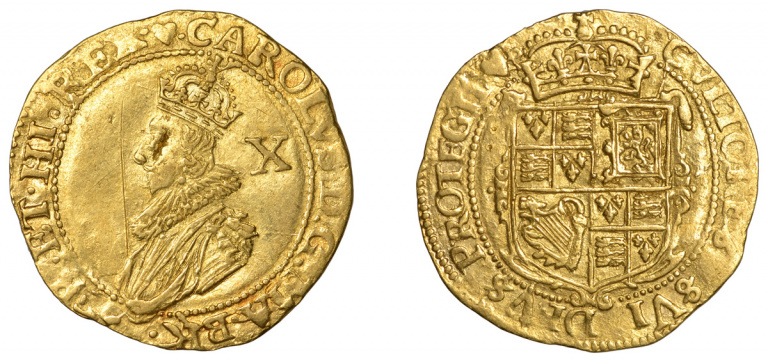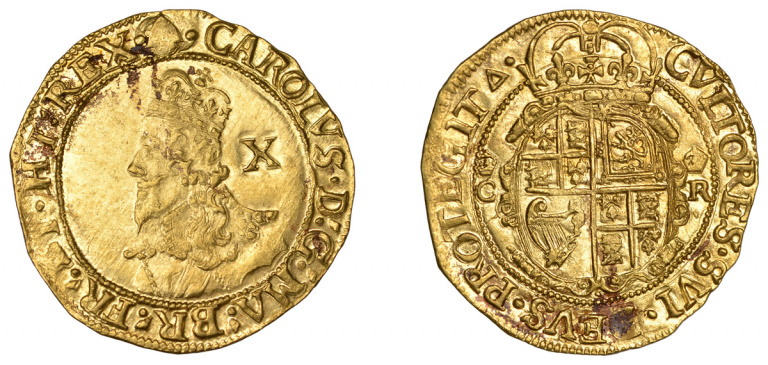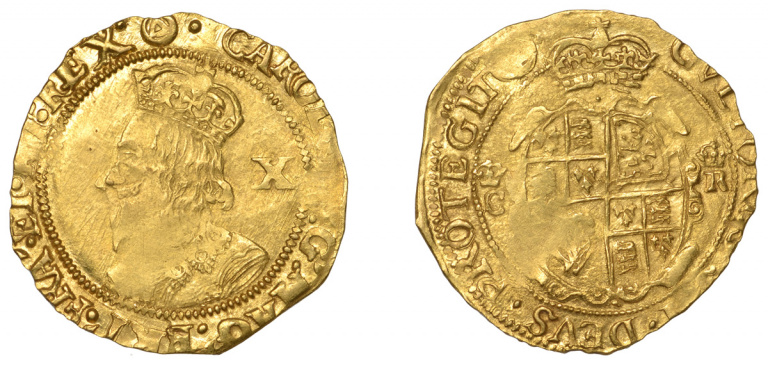Reader sells Civil War gold hoard for £34,000
Reader sells Civil War gold hoard for £34,000
On 31 December 2021, we published an article entitled Reader finds hoard of gold coins. That was the story of how one of our reader’s, Steve Simmons, found 14 gold coins from the Civil war period. The find has since been named The Hazelbury Civil War Hoard and all 14 coins were sold in Noonans auction on 4/5 April 2023.
When I valued the coins back in 2021, the total value of my top estimate was £23,000. Just over a year later, Noonans have the top estimate value of the hoard at £23,700. It said before the auction that it would be very interesting to see what the group sells for. The total hammer price was £34,000, with two coins, a James I Unite and a Charles I Crown fetching about double their estimate. A very good result for Steven.
To view any of these coin in the auction catalogue click on the lot number.
There is a buyer’s premium of 24% (plus VAT) on the hammer price.
Hazelbury Civil War Hoard
Noonans, the auctioneers, present some further research on the coins.
The hoard derives its name from the findspot near Hazelbury Manor. It consists of gold coins dating to the reigns of James I and Charles I, when the manor was in the possession of the Speke family.
The deposition of the hoard has been dated to about 1643; there are no coins with mint marks after that date and the more recent coins show little circulation wear.
The findspot is at the crossroads on the ancient Wyres Lane, close to a medieval wall. Bradley Hopper of Noonans says “This placement of the hoard appears deliberate and was presumably intended as an aid to its recovery, while the distance between the find-spot and the Manor argues against it being an occupant of the house that deposited the coins“
Bradley continues “It is possible that the hoard is linked to activity in the area in July 1643, when Lord Hopton led a Royalist army north toward Bath, securing first the bridge at Bradford-on-Avon, passing Claverton, progressing to Batheaston and finally facing Parliamentary forces at Lansdowne Hill on the 5th.
Hopton lost the battle and was prevented from taking Bath, with his cavalry routed and scattered. The following day his army retreated to Devizes.”

